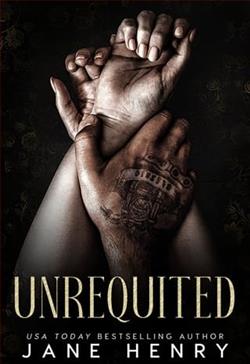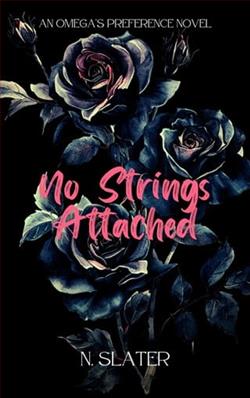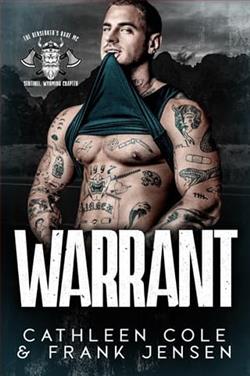Page 21 of When She Dreams
“I hear skepticism.”
“Yes, you do.”
“Guilfoyle is not alone in his belief,” Maggie said, launching the Packard out of another curve. “His theories are strikingly similar to those of Edgar Cayce, for instance.”
“That does not reassure me.”
“You’ve made it clear you are not a believer when it comes to the paranormal.”
Some of the enthusiasm seeped out of her voice. It was replaced with the cool wariness he had detected two days before when she had walked into his office. He was surprised to realize he missed the warmth.
“In my experience, anyone claiming to have paranormal powers is a fraud or a quack or delusional,” he said.
“What about intuition?” she asked.
He glanced at her, annoyed. “That’s different.”
“You’re sure?”
“Positive. Every cop I know believes in intuition. Forget it. What else can you tell me about Guilfoyle?”
“Guilfoyle claims he can teach almost anyone how to become a lucid dreamer,” Maggie said. “For those of us who do it naturally, he claims his Method will help us achieve greater control over our dreams.”
“You do this lucid dreaming frequently?”
“Ever since my teens,” she said. “I’ve got fairly good control, but it’s far from perfect. Things sometimes go off script.”
“Meaning you lose control of the dream?”
Her mouth tightened a little. “Yes.”
“When that happens, I assume the dream becomes a regular dream?”
“Not exactly. Well, who knows what a regular dream looks like for someone like me?”
“What does that mean?”
“Never mind, it’s not important,” she said.
“Is there a practical application for the Guilfoyle Method, assuming it works?” he asked.
“Certainly.” Enthusiasm sparked again in Maggie’s voice. “A person who is plagued by nightmares, for example, might be able to use the technique to rewrite the scripts of the bad dreams.”
He heard the ghostly whisper of his intuition and knew that for Maggie, the possibility of rewriting a nightmare was more than a matter of curiosity or academic interest. It was personal.
“I can see the appeal,” he said, trying not to sound like a skeptic. “Who wouldn’t want to be able to rewrite a bad dream?”
“Exactly.” She braked for a curve. “I do find that my lucid dreams are often quite helpful when it comes to generating plot ideas.”
He went cold. “Plot ideas? You’re a writer?”
“I’m working on a novel of suspense, but so far I’ve only been able to sell short stories to the confession magazines. Not much money in that kind of publishing, and to be honest, I’m not very good at it. That’s why I’m assisting Lillian Dewhurst. I need the extra cash.”
He closed his eyes for the next curve. “Why aren’t you any good at writing confessions?”
“The stories all have the same theme—sin, suffer, repent.” Maggie downshifted. “It’s the female protagonist who gets to do the sinning, of course, and it almost always involves sex. Illicit affairs, that sort of thing. I’m good with that part. It’s fun to write. But it’s incredibly boring to do the suffer-and-repent bits.”
He gripped the edge of the window frame in preparation for another curve. “Let me guess—you’re not writing from personal experience.”















